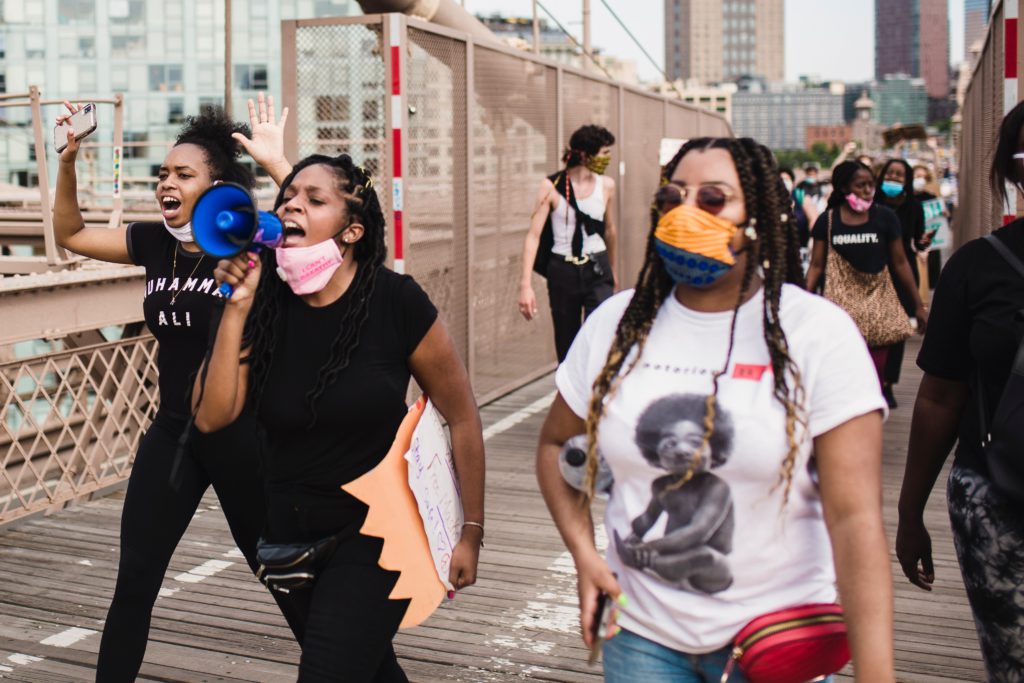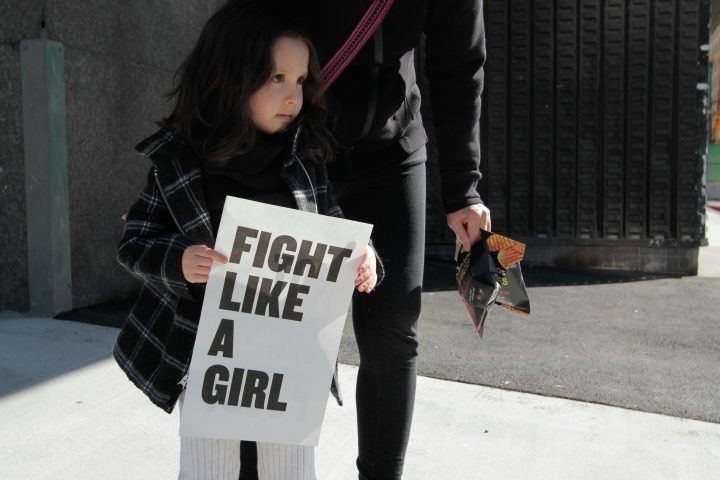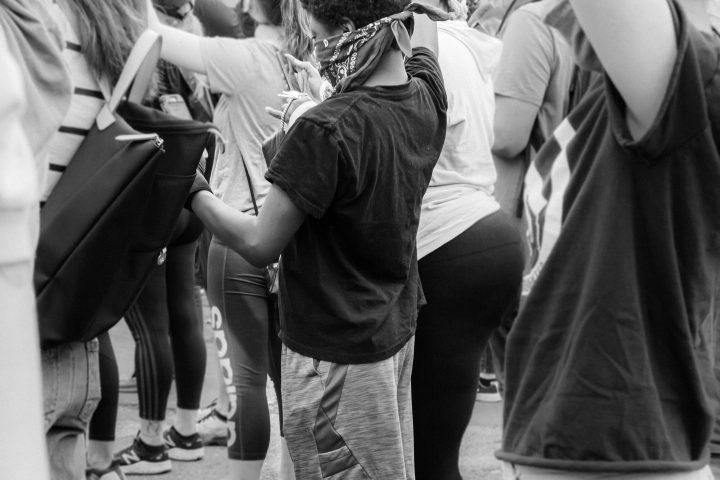Key Takeaways
- Using the phrase “a little bi” can invalidate and dismiss the experiences and identities of queer individuals.
- Dismissing someone’s attraction to a certain gender as “a little bisexual” can perpetuate harmful stereotypes and prevent self-discovery.
- It is important to respect and honor the diverse identities within the LGBTQ+ community, including gay, lesbian, trans, non-binary, bisexual, and pansexual individuals.
- Supporting a friend who is exploring their identity involves listening, offering empathy, and respecting their self-identification.
Introduction
In conversations about sexuality and identity, it is crucial to navigate the language we use and the impact it may have on others. The phrase “a little bi” is often used in an attempt to offer comfort or relate to someone questioning their sexual orientation. However, it can inadvertently dismiss and invalidate the experiences of individuals within the queer community. This article aims to shed light on the complexity surrounding the phrase “a little bi” and provide guidance on supporting individuals in their journey of self-discovery and self-identification.
The Danger of Invalidation
When we casually use phrases like “everyone’s a little bi,” we may unknowingly contribute to the invalidation of someone’s unique experiences and identity. This can be particularly harmful to individuals who have struggled to understand and accept their sexual orientation. By simplifying their journey or equating their feelings to a passing curiosity, we risk erasing their lived experiences and inhibiting their self-discovery.
Challenging Stereotypes and Assumptions
Within the LGBTQ+ community, various identities exist, each with its own unique experiences and challenges. For instance, the experiences of gay and lesbian individuals differ from those of bisexual, pansexual, or non-binary individuals. By dismissing someone’s attraction to a certain gender as “a little bisexual,” we perpetuate harmful stereotypes and fail to acknowledge the distinct identities within the queer community. It is essential to challenge assumptions and approach each person’s journey with empathy and openness.
The Journey of Self-Discovery
Sexual orientation and gender identity are deeply personal and complex aspects of an individual’s identity. For individuals like Liz, a lesbian, or Mel, a non-binary person, dismissing their experiences as “a little bi” can have long-lasting effects. Liz’s journey to realizing her lesbian identity was hindered by societal pressures and the idea that her attraction to men invalidated her lesbianism. Similarly, Mel experienced the policing of their sexuality within the lesbian community due to preconceived notions of what a “girl having a crush on a girl” should look like.
Embracing Individual Identities
Bisexuality, pansexuality, and other multi-gender attracted identities are distinct and valid orientations. It is crucial to recognize and respect the experiences of individuals who identify as bi or pan. Madeleine, a bisexual individual, explains that bisexual individuals share certain experiences that are unique to their orientation. By acknowledging and celebrating these identities, we create space for important conversations and connections within the LGBTQ+ community.
Supporting Others on Their Journey
When a friend expresses uncertainty or confusion about their identity, it is important to offer support and empathy rather than attempting to assign a label or dismiss their experiences. Actively listen to their concerns, validate their emotions, and create a safe space for them to explore their feelings. Remember that each person’s journey is unique, and their self-identification should be respected and honored.
In conclusion, it is essential to approach discussions about sexuality and identity with sensitivity and respect. Using phrases like “a little bi” can unintentionally invalidate the experiences and identities of individuals within the queer community. By challenging assumptions, embracing diversity, and offering support, we can foster an environment that celebrates and uplifts all identities. Let us prioritize empathy and understanding as we navigate the complexities of human sexuality and individual self-discovery.









